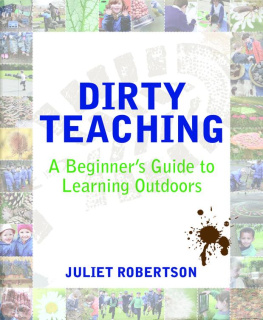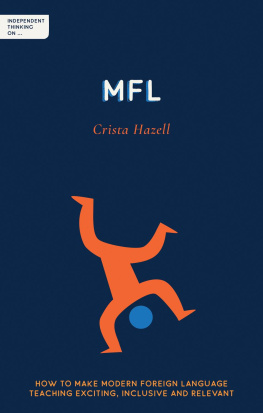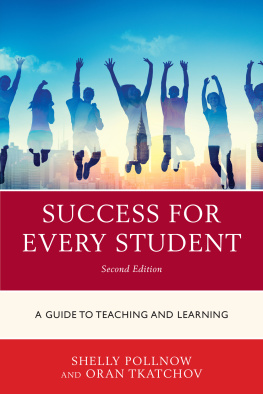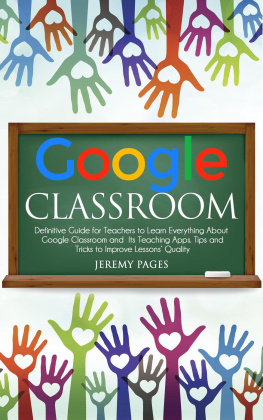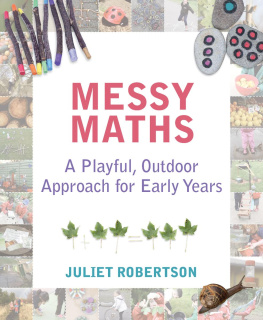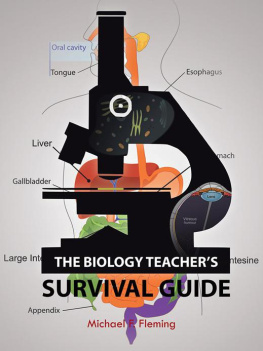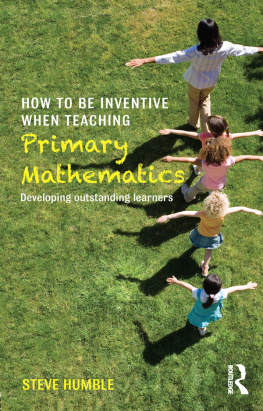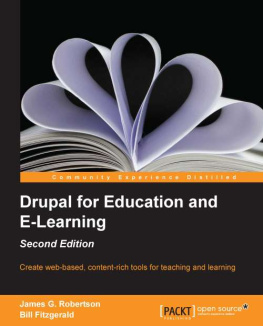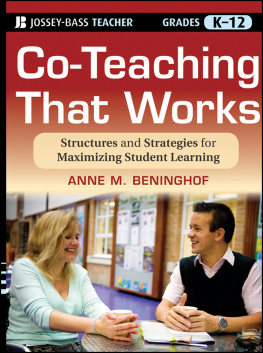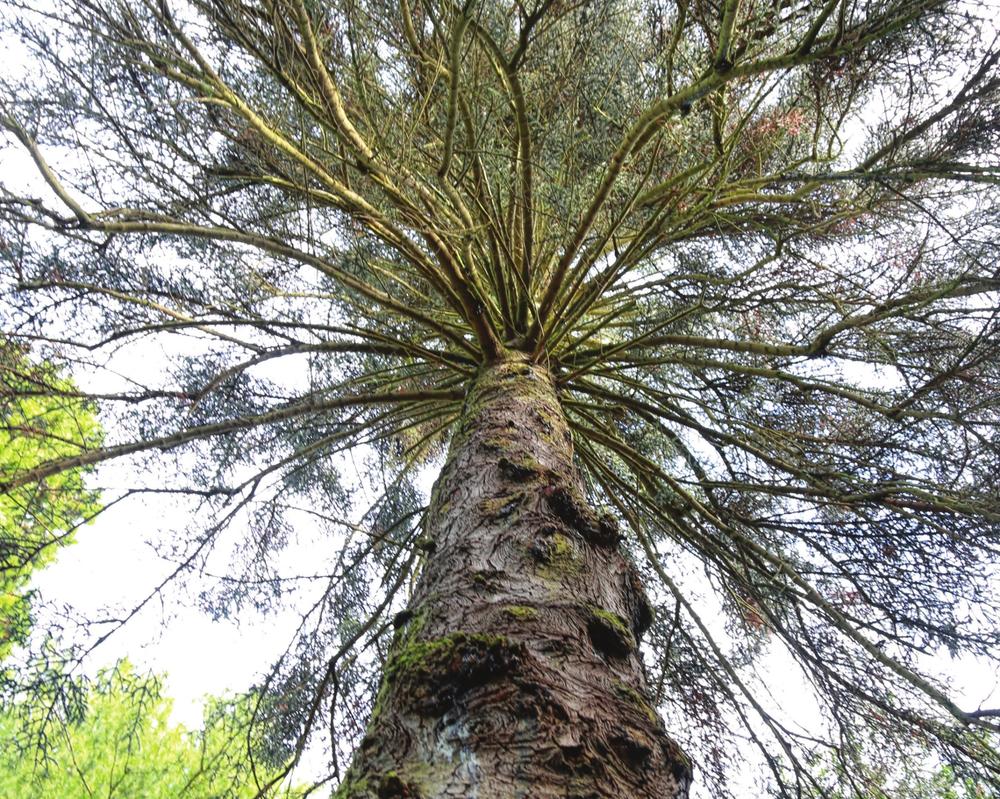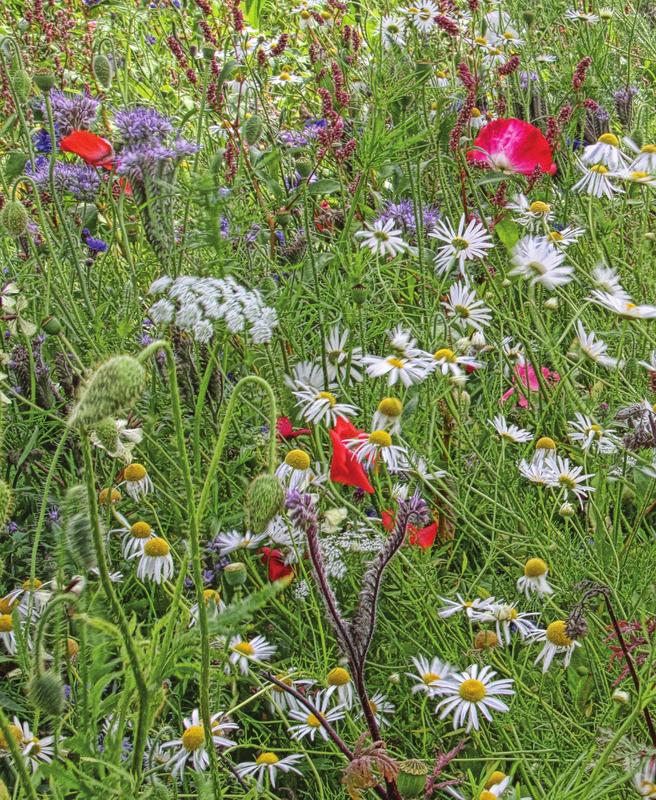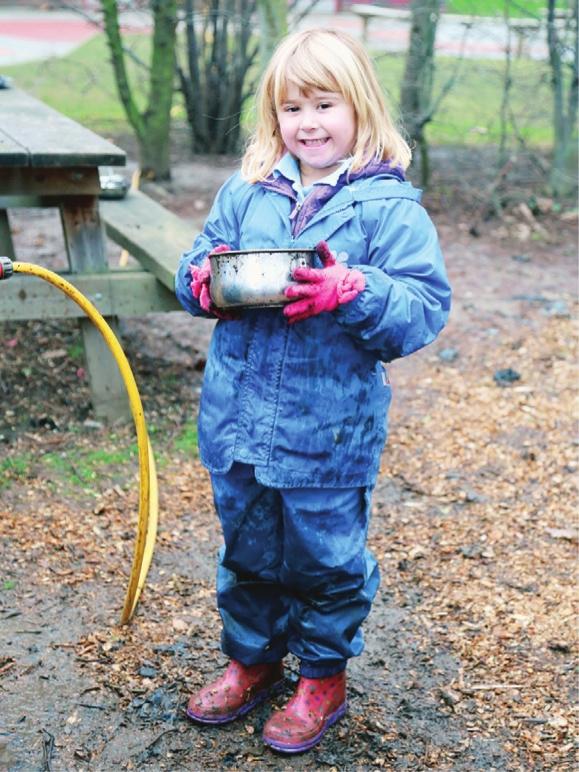This book is for primary teachers and student teachers who want to teach outside. It is aimed at those working with six- to twelve-year-olds. The ideas are based upon my own experiences of working with classes where this is a new and different way of learning.
The majority of activities and suggestions are simple and involve minimal planning and resources. They are doable by a teacher with their class in the school grounds or local area.
Whilst training, courses and conversations with outdoor experts make a positive difference, there is no substitute for experience and knowing the children in your class. As a consequence, this book is written in the belief that teachers:
Have the skills and competences to teach outside as well as inside. Any approach to learning and teaching usually works just as effectively outdoors as it does inside.
Have an ability to take an idea and tweak it to make it suit the needs of the children in their class. All the ideas in this book can be refined and improved it is a springboard for experimenting.
Have to make an effort to learn how to teach outside on a frequent and regular basis. We have been conditioned to think indoors. This is a habit that can be changed. The pay-off is very liberating and many teachers who make this change find their practice has a new lease of life.
Have only just begun to truly appreciate the potential for learning outside and the benefits this brings in the short and long term to the well-being of children and our society, especially when the learning happens in nature.
This is not to ignore the contributions made by the vast array of professionals, organisations, volunteers, expedition organisers and residential centres to the learning which happens outside during a childs school life. However, I want to empower primary teachers to play an active part in this process too.
What is covered in this book?
There is a huge diversity of books about learning indoors. Likewise, it is impossible to do justice to the potential of learning outdoors in one book. So, this book mainly concentrates on:
Kick-starting the process of working outside with a class.
Simple outdoor ideas that a primary teacher can lead with their class of thirty pupils in the school grounds or within walking distance off-site.
Practical issues which arise when learning takes place outside.
The structure of the book is designed so that you can read it from cover to cover, or you can dip in and out of it as time and interest permits. I deliberately did not go down the route of detailed lessons or series of lessons. I would like the ideas and activities to be seeds of suggestion rather than directed activities.
What is outdoor learning?
Before stepping outside with a class, it can be useful to think about what outdoor learning is and why it matters. In a nutshell, outdoor learning is an umbrella term which covers every type of learning experience which happens outdoors. This could be adventurous activities, environmental education, team challenges, an international expedition or a playground game.
The beauty of this definition is that it covers little and large experiences of any sort that happen outside. What matters, however, is that regardless of where the learning takes place the quality of the experience is the best it can be and is authentic, meaningful and relevant for the children involved.
Ideally, we want to make the most of the unique and special nature of being outdoors. We need the variety provided by:
The weather imagine a world without rainbows: the sunshine and the rain are key ingredients.
The seasons these bring variety throughout the year, adding interest to our lives and festivals that celebrate the cyclical events.
The space and freedom of the world beyond the classroom.
The landscape whether this is urban, wild or somewhere in-between.
Many teachers assume that outdoor learning is a subject, discipline or curriculum area. Some consider outdoor learning as an approach to learning, as just one of many tools in a teachers toolbox. For me, it is about making the most of any place or space outside of the traditional school walls.
Its about relationships
It can be helpful to think of the learning that happens as a result of the relationships between people, the nature of the activity and the place and time where it takes place.
The idea of using place as a key part of the learning process comes from the work of Sir Patrick Geddes (18541932), a Scottish town planner, biologist and educator, known for his progressive views, who developed the concept of think global, act local. He also advocated a hands, heart, head approach to learning.

